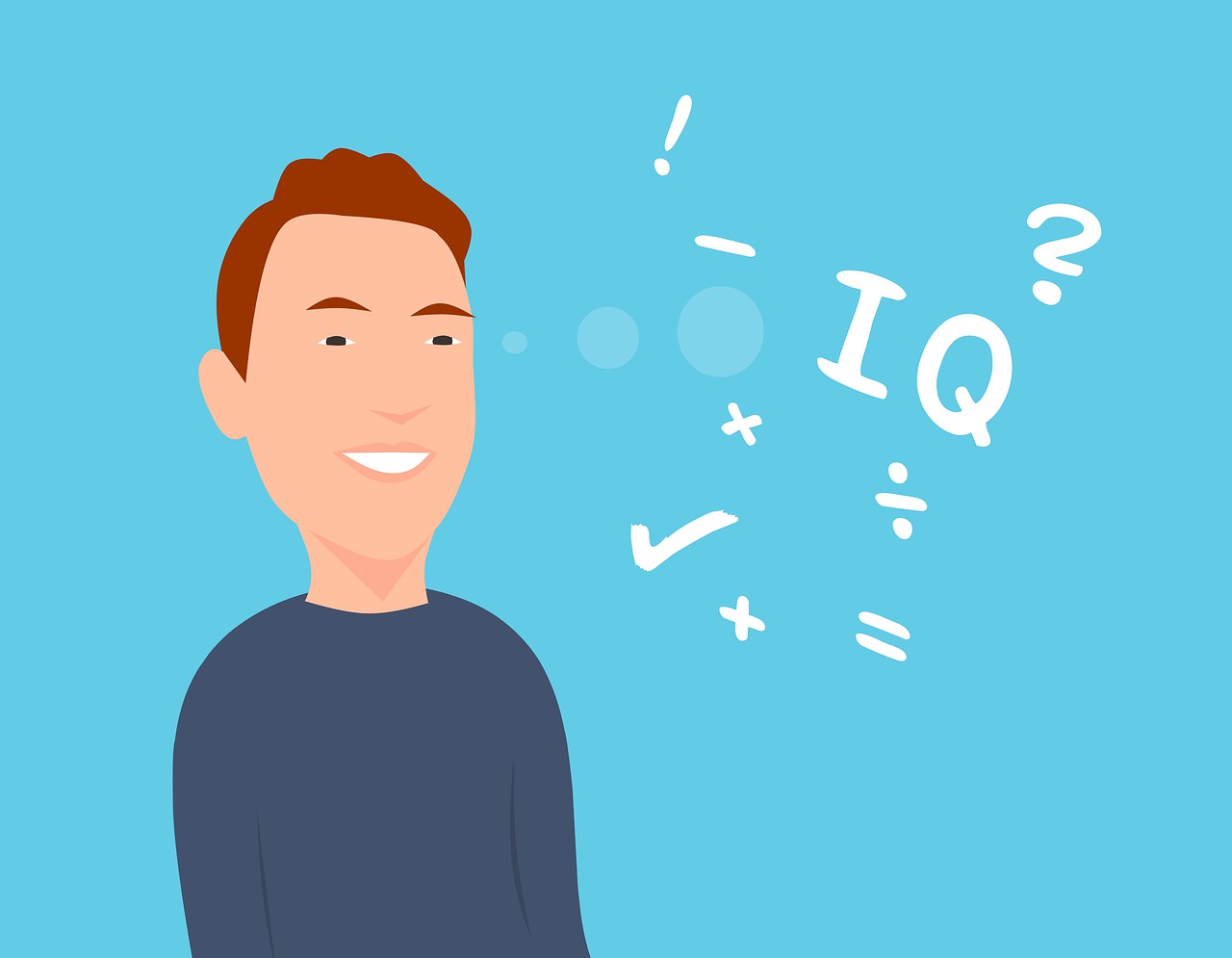Definition of Mental Age
Mental age is a concept in psychology that corresponds to the level of intellectual development of an individual. It is measured using various psychological tests and provides insight into a person's cognitive abilities. This guide will dive deeper into the history of mental age, its statistical properties, measurement methods, and the controversies surrounding it.
Origins of the Mental Age Concept
The concept of mental age was first introduced through the intelligence test developed by French psychologist Alfred Binet in 1905. Binet's test aimed to compare the cognitive abilities of a child with those of groups of children from different ages. The result of this comparison is what Binet referred to as the mental age of the child.
Mental age indicates that a child of a certain chronological age (the difference between the test date and their birth date) achieves a score equal to the average of a group of children of an age that could be identical, younger, or older. For instance, an 8-year-old child may receive intelligence test results equal to the average for 7-year-olds, in which case their mental age would be considered to be 7 years.
Intelligence Quotient (IQ)
German psychologist William Stern took the concept of mental age and developed a quotient that illustrates the difference between mental age and chronological age: the intelligence quotient, or IQ. IQ is calculated by dividing mental age by chronological age and multiplying the result by 100.
Using this method, a 10-year-old child with a chronological age of 10 years and a mental age of 12 years would have an IQ of 120 ((12/10) x 100). With this calculation, an average IQ is 100, meaning that the mental age is equal to the chronological age.
Wechsler's Approach to IQ
The method introduced by Stern faced methodological and statistical issues, leading to the development of subsequent tests by American psychologist David Wechsler. Wechsler's tests do not rely on the concept of mental age and instead calculate IQ differently by comparing each child to a group of children of the same chronological age.
Thus, there are two possible ways to calculate IQ:
- IQ calculated using mental age, sometimes referred to as "classical IQ" or "mental age IQ."
- IQ calculated using the Wechsler approach, sometimes referred to as "standard IQ" (the child's score is compared to the score of children of the same age scaled on a normal curve, or to the Gaussian curve with a mean of 100 points and a standard deviation of 15 points).

Controversy Surrounding Mental Age
The concept of mental age is not without controversy, as it is particularly indicative of young children and individuals with intellectual disabilities. Test results that indicate a mental age (or mental age IQ) do not possess diagnostic value on their own. Instead, these results are combined with other observations as part of a comprehensive psychological examination conducted by a psychologist.
Limitations of Mental Age
Mental age has certain limitations, including:
- It may not accurately represent the cognitive abilities of adults, as it is primarily focused on children's development.
- It can be affected by cultural, socioeconomic, and educational factors, which may lead to biased results.
Despite these limitations and controversies, mental age remains an important concept in the field of psychology, helping professionals gain a better understanding of an individual's cognitive development and abilities.